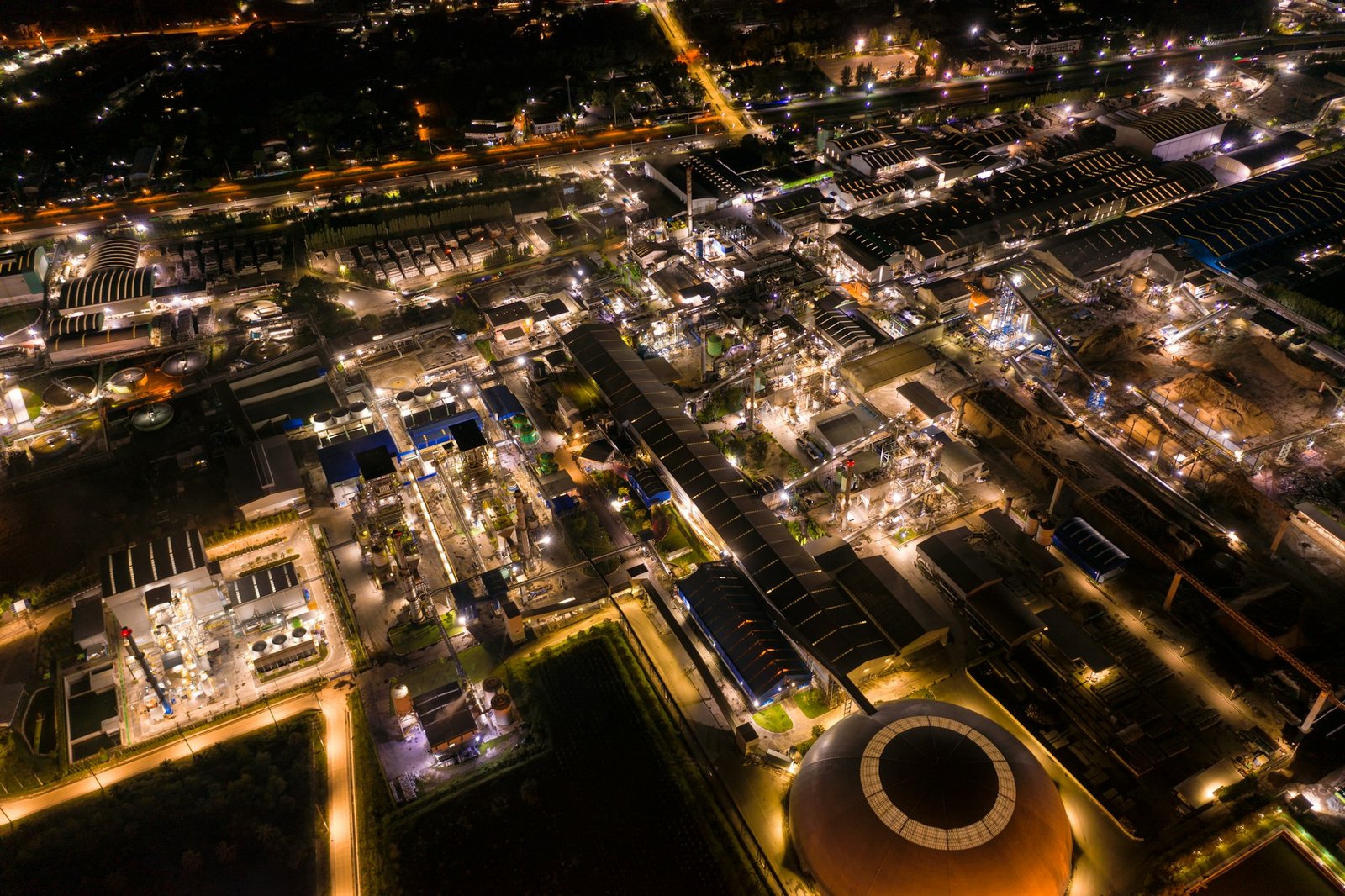Introduction
In today’s rapidly evolving manufacturing landscape, the role of specialty chemicals cannot be overstated. These unique compounds play a pivotal role in enhancing product performance, ensuring quality standards, and driving innovation across various industries. From automotive to electronics, specialty chemicals are breaking boundaries and reshaping the manufacturing process as we know it.
The Rise of Specialty Chemicals
Specialty chemicals, also known as performance or effect chemicals, are distinctively formulated to impart specific properties to end products. Unlike commodity chemicals, which are produced in large quantities and serve general purposes, specialty chemicals are tailored to meet the precise needs of various applications. This customization enables manufacturers to achieve higher levels of efficiency, durability, and sustainability in their products.
Enhancing Performance and Efficiency
One of the key benefits of specialty chemicals is their ability to enhance product performance and efficiency. Whether it’s improving the durability of coatings, enhancing the conductivity of electronic components, or increasing the efficacy of pharmaceuticals, these chemicals play a crucial role in optimizing the functionality of end products. For example, in the automotive industry, specialty chemicals are used to develop lightweight yet durable materials that improve fuel efficiency and reduce emissions.
Driving Innovation and Sustainability
Specialty chemicals are also driving innovation and sustainability in manufacturing. As industries strive to meet increasingly stringent regulatory standards and consumer demands for eco-friendly products, the role of specialty chemicals becomes even more critical. These compounds enable manufacturers to develop greener alternatives, such as bio-based polymers and renewable energy technologies, reducing environmental impact without compromising performance.
Ensuring Quality and Consistency
Quality control is paramount in manufacturing, and specialty chemicals play a pivotal role in ensuring product quality and consistency. By precisely controlling the composition and properties of these compounds, manufacturers can maintain strict quality standards throughout the production process. This not only enhances customer satisfaction but also minimizes costly defects and recalls, safeguarding brand reputation and profitability.
Challenges and Opportunities
While the adoption of specialty chemicals presents numerous benefits, it also poses challenges for manufacturers. The complex nature of these compounds requires specialized expertise and equipment, increasing production costs and lead times. Additionally, sourcing raw materials and ensuring supply chain resilience can be challenging, especially in volatile market conditions. However, these challenges also present opportunities for collaboration and innovation within the industry, driving continuous improvement and competitiveness.
FAQs
1. What are specialty chemicals?
Specialty chemicals are distinctively formulated compounds designed to impart specific properties to end products, tailored to meet the precise needs of various applications.
2. How do specialty chemicals enhance manufacturing?
Specialty chemicals enhance manufacturing by improving product performance, driving innovation, ensuring quality and consistency, and promoting sustainability.
3. What industries benefit from specialty chemicals?
Industries such as automotive, electronics, pharmaceuticals, and aerospace benefit significantly from specialty chemicals due to their ability to optimize product performance and meet stringent regulatory standards.
4. What are the challenges associated with specialty chemicals?
Challenges associated with specialty chemicals include increased production costs, supply chain complexities, and the need for specialized expertise and equipment.
5. How are specialty chemicals contributing to sustainability?
Specialty chemicals contribute to sustainability by enabling the development of greener alternatives, such as bio-based polymers and renewable energy technologies, reducing environmental impact without compromising performance.





